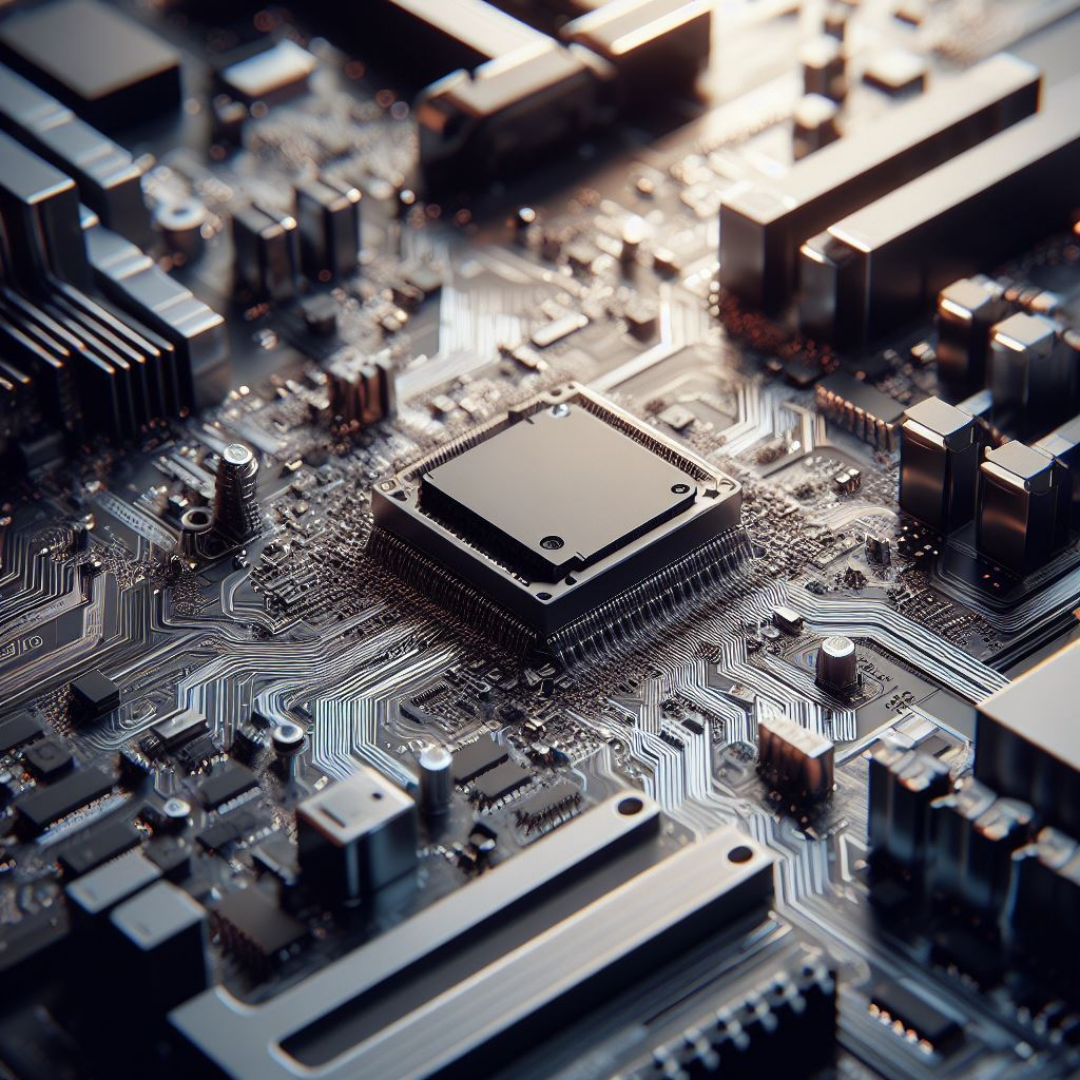OpenAI, the visionary company behind ChatGPT, is contemplating the development of its own artificial intelligence (AI) chips.

OpenAI, the visionary company behind ChatGPT, is contemplating the development of its own artificial intelligence (AI) chips. Sources familiar with the company’s plans reveal that OpenAI has even considered potential acquisition targets as part of its strategic discussions.
While no final decisions have been made, internal discussions have been ongoing for at least a year, exploring solutions to address the scarcity of high-cost AI chips that OpenAI currently relies on. These options range from creating proprietary AI chips to fostering closer collaborations with established chipmakers like Nvidia, and exploring alternative suppliers beyond Nvidia.
CEO Sam Altman has underscored the acquisition of additional AI chips as a pivotal priority for OpenAI. He has publicly voiced concerns about the shortage of graphics processing units (GPUs), a market predominantly controlled by Nvidia, which commands over 80% of the global market share for chips tailored to power AI applications.
This concerted effort to procure more chips aligns with two critical challenges Altman has identified: a shortage of cutting-edge processors pivotal to OpenAI’s software, and the substantial operational costs associated with the hardware infrastructure required to drive their projects and products.
Since 2020, OpenAI has harnessed its generative AI technologies on a formidable supercomputer, a collaborative effort with Microsoft, one of its principal supporters. This supercomputer is equipped with a staggering 10,000 of Nvidia’s GPUs.
However, the operational expenses for running ChatGPT are substantial, with each query estimated to cost roughly 4 cents, as per analysis by Bernstein analyst Stacy Rasgon. Should ChatGPT queries scale to a tenth of Google’s search volume, it would necessitate an initial investment of around $48.1 billion in GPUs, and an annual expenditure of approximately $16 billion in chips to maintain functionality.
Embarking on the path to develop proprietary AI chips would place OpenAI in an exclusive league of major tech players like Google and Amazon, who have recognized the strategic importance of designing chips integral to their operations.
The decision to proceed with this ambitious endeavor entails significant investments, potentially amounting to hundreds of millions of dollars annually. However, it’s important to note that success is not guaranteed, even with dedicated resources.
Considering an acquisition in this domain could potentially expedite the process, akin to Amazon’s acquisition of Annapurna Labs in 2015, which facilitated their foray into custom chip development.
While OpenAI has reached the due diligence stage regarding a potential acquisition target, the specific company under consideration remains confidential.
Regardless of OpenAI’s ultimate direction in the custom chip domain, including the possibility of an acquisition, this venture is projected to span several years, during which the company may continue to rely on commercial providers like Nvidia and Advanced Micro Devices.
This strategic exploration showcases OpenAI’s commitment to innovation and sustainability, reinforcing their position at the forefront of AI advancement. The company’s bold pursuit of custom chip development is poised to drive transformative progress in the field, ultimately benefiting society as a whole.